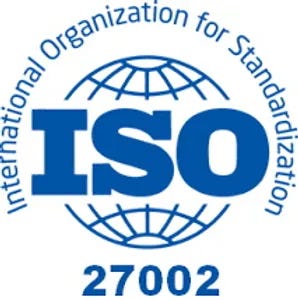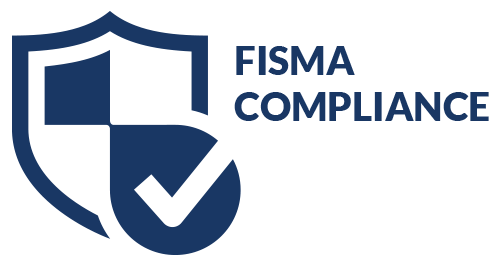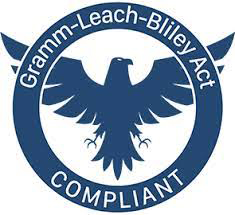Your business has a number of delinquent accounts on the books and it is hurting your cash flow. Internal collection efforts have been unsuccessful, and you are looking to enlist some help. But the question is, do you hire a collection agency or a collection attorney for the job?
The answer is complicated and depends significantly on your unique situation. Before making a decision, there are several factors to consider.
Account Size
This is a primary difference between most collection agencies and collection law firms, and could make your decision for you. Many collection attorneys may have a minimum account balance that they will consider pursuing. Balance thresholds are set at the state level and also driven by the associated cost to proceed with legal action. Collection agencies often do not, have a minimum balance requirement, or their minimums are much lower.
Collection agencies can also specialize in collecting on smaller amounts. Automated phone systems, specific software, and skills training make them efficient and cost-effective at collecting, even if the account balance is not that high.
Fees
While this may seem like an obvious difference, it’s important to do your research when it comes to fee differences between collection lawyers and collection agencies. Fees will vary significantly based on a few key factors:
- Number of accounts you submit
- Size/balance of those accounts
- Age of the accounts
Collection agencies can charge fees as either a percentage of what they collect or as a fixed-fee regardless of results. Both fee structures are useful depending on the situation. Accounts that are not very old may benefit from a fixed-fee structure as they are more likely to be collected upon, whereas a percentage based fee can be a good incentive for collectors to go after aged and hard to collect accounts. However, it must be noted that if you choose this approach the fees will more likely be higher.
If you have tried using a collection agency to recoup your past due accounts, and the recoveries are non-existing or not substantial, a collection attorney can be a good alternative. Collection attorneys work on a contingency rate and do not get paid unless the debtor pays. You will be responsible for any costs associated with the filing of a lawsuit, and any costs that apply to post judgment remedies, such as filing for a lien or garnishment.
Actions
The actions that are taken by a collection agency and a collection lawyer are what really set them apart. Collection agencies will often take the same steps to collect as you did, using a multi-communications strategy to reach the debtor. This can include phone calls, letters and/or emails to retrieve what’s owed you. However, the use of a third-party name can instill greater urgency within the debtor to pay and the collection agency has experience they can draw from to drive results.
A collection lawyer could take similar steps and produce a different effect. Communications from a lawyer generally exhibit even more power than a collection agency. Having a communication sent from a collection attorney may be all that’s necessary to collect the debt without proceeding with legal action
If not, however, a lawyer can take a debtor to court on your behalf. A judgment in your favor opens up alternative methods to collect the money owed, such as wage garnishing, tax liens, and income collections. You may still not get the entire amount owed to you, but you now have other ways to recoup at least a portion of the funds.
Speed
This is an important consideration: how quickly do you need the accounts reconciled? Again, this may depend heavily on the age and size of delinquent accounts. Collection agencies move quickly and efficiently to collect, but often need a longer period of time to reach a debtor and get them to settle the account. A lawyer could get their attention faster, but it will likely cost you more money.
All of these factors must be considered before making the decision that’s best for your company. It is crucial that you monitor your accounts receivables consistently to catch potentially delinquent accounts before they become a headache. Common practice suggests that you turn to a collection agency before a collection lawyer; this could have something to do with the complicated nature of pursuing legal means of recovery.
_______
At TSI, we offer full-service payment recovery strategies, including collecting on seriously delinquent accounts. We also work with a national network of attorneys, meaning you don’t have to worry about when it’s time to call one in. For more information on how we can help your company recoup lost funds, contact us today.
Want to learn more about TSI? Fill out the form and a TSI representative will contact you shortly.












